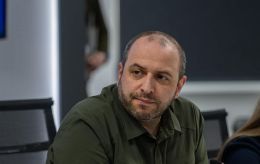Attempt №2. Romania elects president again - How can this affect Ukraine
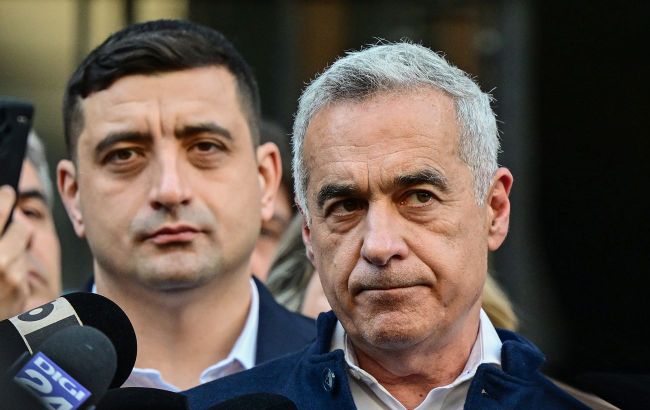 Călin Georgescu and George Simion, leaders of the far-right in Romania (photo: Getty Images)
Călin Georgescu and George Simion, leaders of the far-right in Romania (photo: Getty Images)
Why Romania is going to elect a president for the second time in a few months, whether a far-right candidate can win, and what this means for Ukraine is analyzed by RBC-Ukraine.
Takeaways
- Why is Romania holding presidential election again?
- What are the chances of a far-right candidate winning?
- Can Russia influence the Romanian choice?
- What should Ukraine expect from the Romanian vote?
Ukraine is very "lucky" with its neighbors: Russia is waging a war against Ukraine, Belarus supports it, Hungary and Slovakia regularly side with the first two, Poland has repeatedly blocked the movement of goods from Ukraine, and Moldova has problems with Transnistria, a Russian enclave that has existed along the Ukrainian border for 20 years. So Romania is probably the only neighboring country with which Ukraine has not had any problems or conflicts. But there is a threat that this may change soon.
Election canceled
On the first Sunday in May, Romania will hold presidential election after the results of the November 24, 2024 vote were canceled by the Constitutional Court. This was preceded by the shocking victory of Călin Georgescu, a far-right candidate who had no chance in the pre-election polls.
At first, the Romanian Constitutional Court confirmed the results of the first round of election, but a few days later, it annulled its decision. The reason for this was a real flurry of information about how Georgescu won his victory.
The court received declassified documents from the Supreme Defense Council of Romania, which stated directly that the Georgescu campaign was the result of external manipulation. According to the Romanian intelligence services, everything was based on an aggressive advertising campaign that bypassed the electoral law. TikTok was the main platform for promotion.
The investigation showed that, unlike other candidates, TikTok did not mark Georgescu's account as political. As a result, his videos were actively dispersed by the social network's algorithms. In addition, according to Romanian media, the entire campaign - from sending out videos to writing posts and comments - was coordinated via Telegram.
In their report, the intelligence services also warned that Romania had become a target of Russian hybrid aggression, from cyberattacks to intelligence leaks and sabotage. So, the results of the vote were canceled and re-election was called, in which this time, Georgescu was not allowed to participate. Moreover, he is currently under investigation.
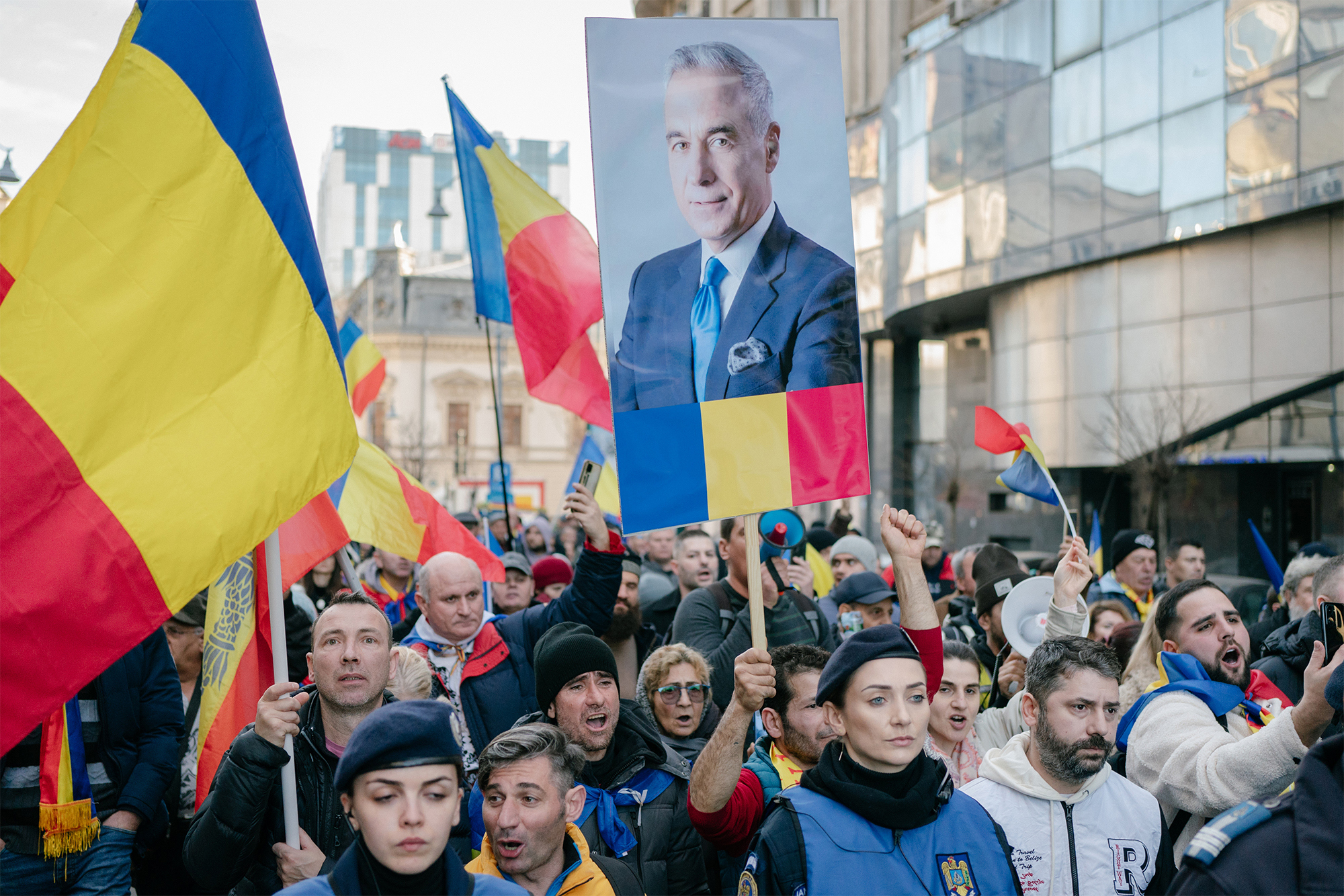 Georgescu was disqualified from the election race (photo: Getty Images)
Georgescu was disqualified from the election race (photo: Getty Images)
During the election campaign, Georgescu made many radical statements about Romania's neighbors, including Ukraine. The far-right politician openly called Ukraine a fictitious state and predicted its collapse after a peace deal. He also promised to ban the export of Ukrainian grain through Romania and stop any military aid to Kyiv.
In addition to his anti-Ukrainian statements, Georgescu glorified the period when Romania was an ally of Nazi Germany and spread narratives that the war in Ukraine was the result of a conspiracy by American arms manufacturers.
However, Georgescu's disqualification from the election race did not eliminate the threat of far-right and pro-Russian elements coming to power in Romania. After all, the TikTok radical was replaced by another far-right candidate, George Simion.
Simion is the leader of the Alliance for Romanian Unity (AUR), which has encroached on Chernivtsi and Bessarabia and has been declared persona non grata in Ukraine and Moldova. And now he is leading the polls before the first round of election.
Who is running for the presidency, and what are the chances of the "new Georgescu"?
There will be 11 candidates running for the presidency of Romania, but only a few are major candidates: former National Liberal Party leader Crin Antonescu, Bucharest Mayor Nicușor Dan, former Prime Minister Victor Ponta, and the aforementioned George Simion.
Antonescu is one of the most influential political leaders in Romania, and in 2012, he even served as acting president for more than a month. His participation in the election was questionable due to disagreements with the pro-government coalition he was supposed to represent, but he eventually ran as an independent candidate. According to the latest polls, in the first round, Antonescu may receive about 25% of the vote.
Bucharest Mayor Dan, known for his anti-corruption activities and technocratic approach to governance, is also running as an independent candidate. Dan has support among the urban population and young people and, according to recent polls, could win about 22% of the vote in the first round.
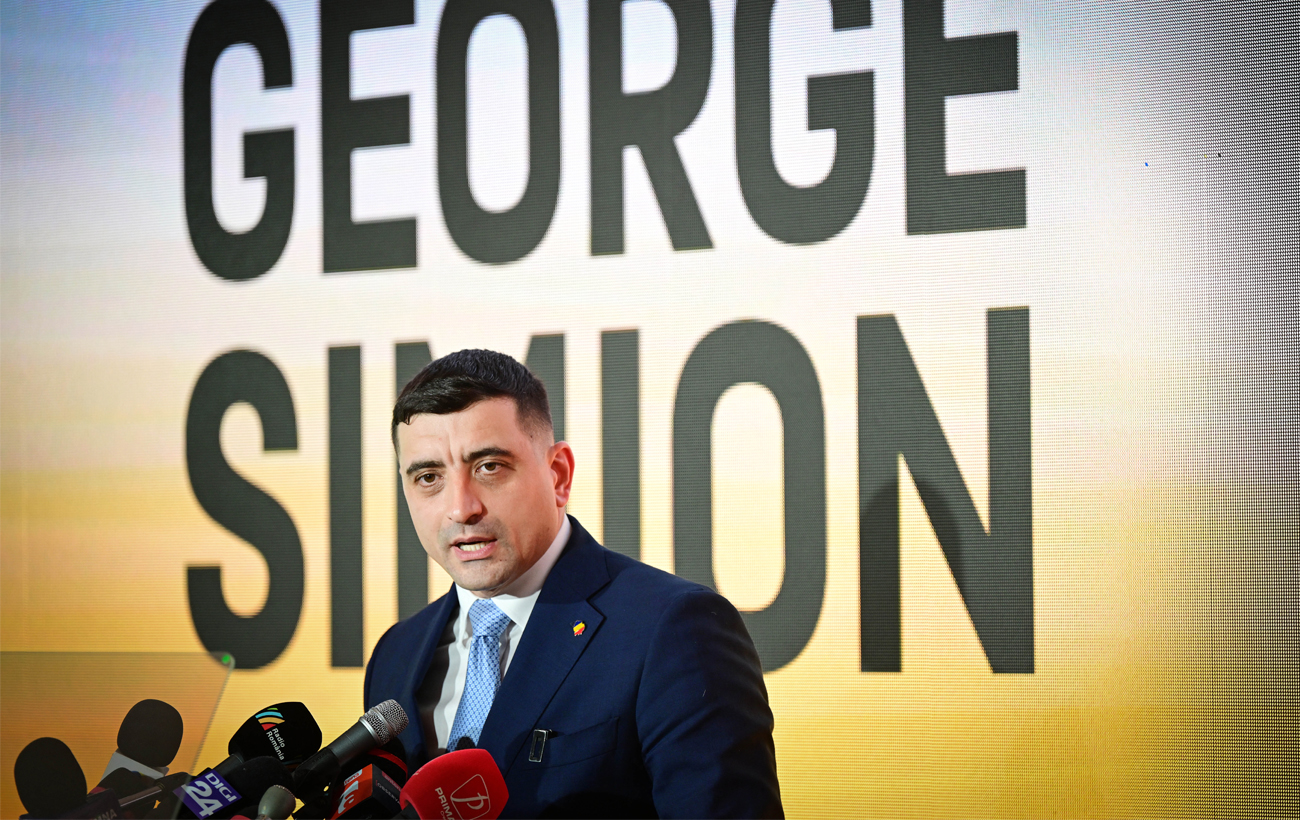 George Simion replaced the far-right Georgescu in the race (photo: Getty Images)
George Simion replaced the far-right Georgescu in the race (photo: Getty Images)
The leader of the polls is Simion, who can gain about 34% in the first round and has gathered around him supporters of Georgescu. However, in the second round, Simion's prospects are not so good - according to most scenarios, he will lose to other candidates.
The former prime minister Ponta, who resigned amid corruption allegations and promised to stop the transit of Ukrainian grain if he won, could steal votes from Simion. But he recently shot himself in the foot by telling how, as prime minister, he flooded Romanian villages to save the capital of neighboring Serbia from flooding. Therefore, on the eve of the vote, Ponta's support (currently at 13%) may change for the worse, effectively eliminating him from the race.
According to Politico's analysis based on opinion polls conducted before the election, if Simion makes it to the second round, only Dan can win, even with a margin of 8%. And the best chance of winning is given to Antonescu, who is ahead of both Simion and Dan.
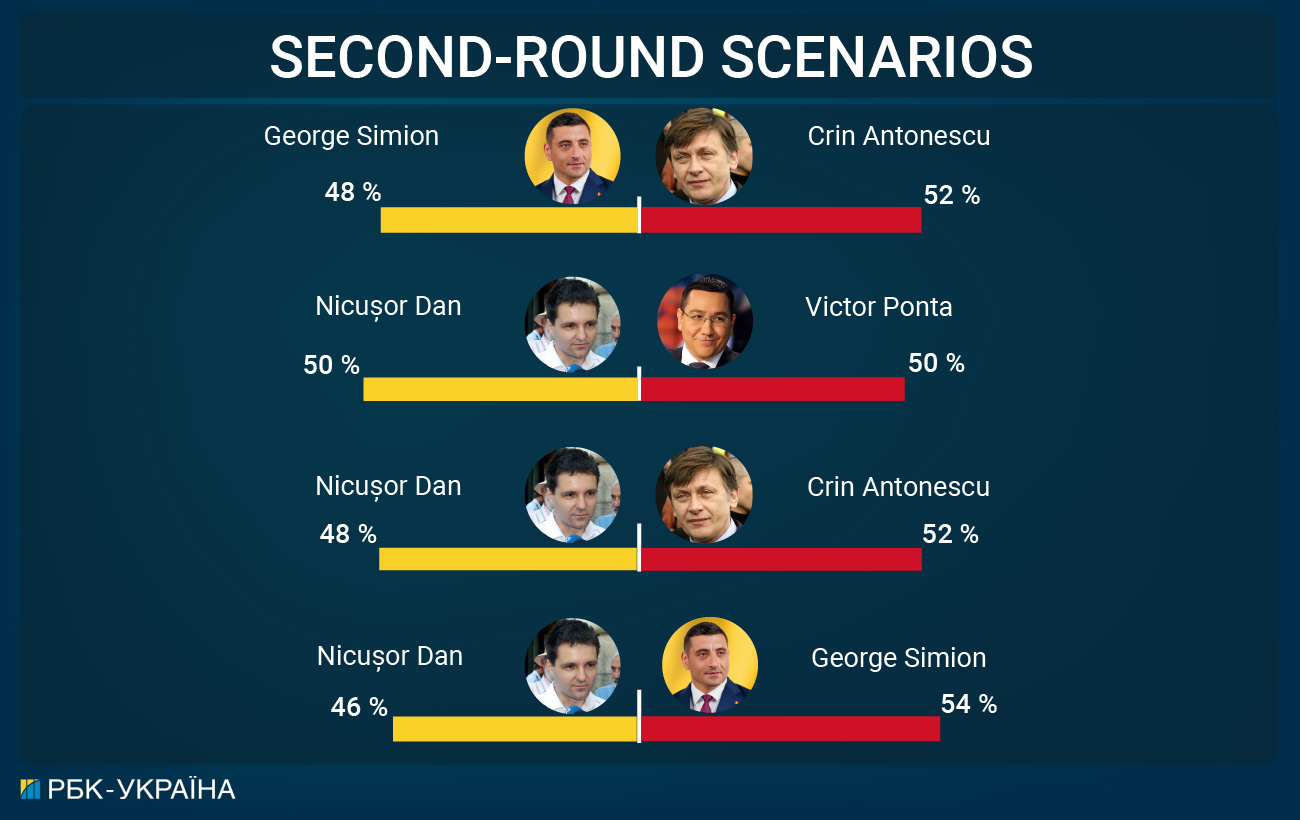
The Romanian experts RBC-Ukraine spoke to are inclined to believe that the far-right candidate will make it to the second round, but will lose there because a coalition of supporters of Antonescu and Dan will immediately form against him. But, according to Romanian political scientist Andrei Țăranu, Simion's entry into the second round is also in question.
"It's very difficult to say if he's going to enter the second round, because on this very moment, it's very difficult to say something about the polls. We have very, very different data from one poll to another. So, it's still very unclear what the real numbers are for all the candidates," he said in a comment to RBC-Ukraine.
However, it cannot be ruled out that the miracle that happened to Georgescu in the November election will happen again, and the far-right candidate will surprise everyone with the result. Especially against the backdrop of growing support for the far right in Romania and Europe as a whole, as well as possible external interference.
Far-right trend in Romania
The far-right trend is gaining popularity in EU countries, and this is one of the key political shifts in recent years in Europe. Far-right parties, which were considered political freaks just a few years ago, are increasingly entering parliaments, joining government coalitions, or even winning election. They play on the themes of identity, migration, security, and dissatisfaction with traditional parties, which are becoming more acute for European voters every year.
In Romania, the level of support for far-right forces fluctuates between 28 and 40%, Andrei Țăranu told RBC-Ukraine. Approximately 25% of Simion and Georgescu's voters are so-called protest voters who oppose the government and mainstream parties, but not the EU, and have a rather vague position on Ukraine. From this perspective, the term far-right slightly exaggerates the real views of such candidates, according to Țăranu.
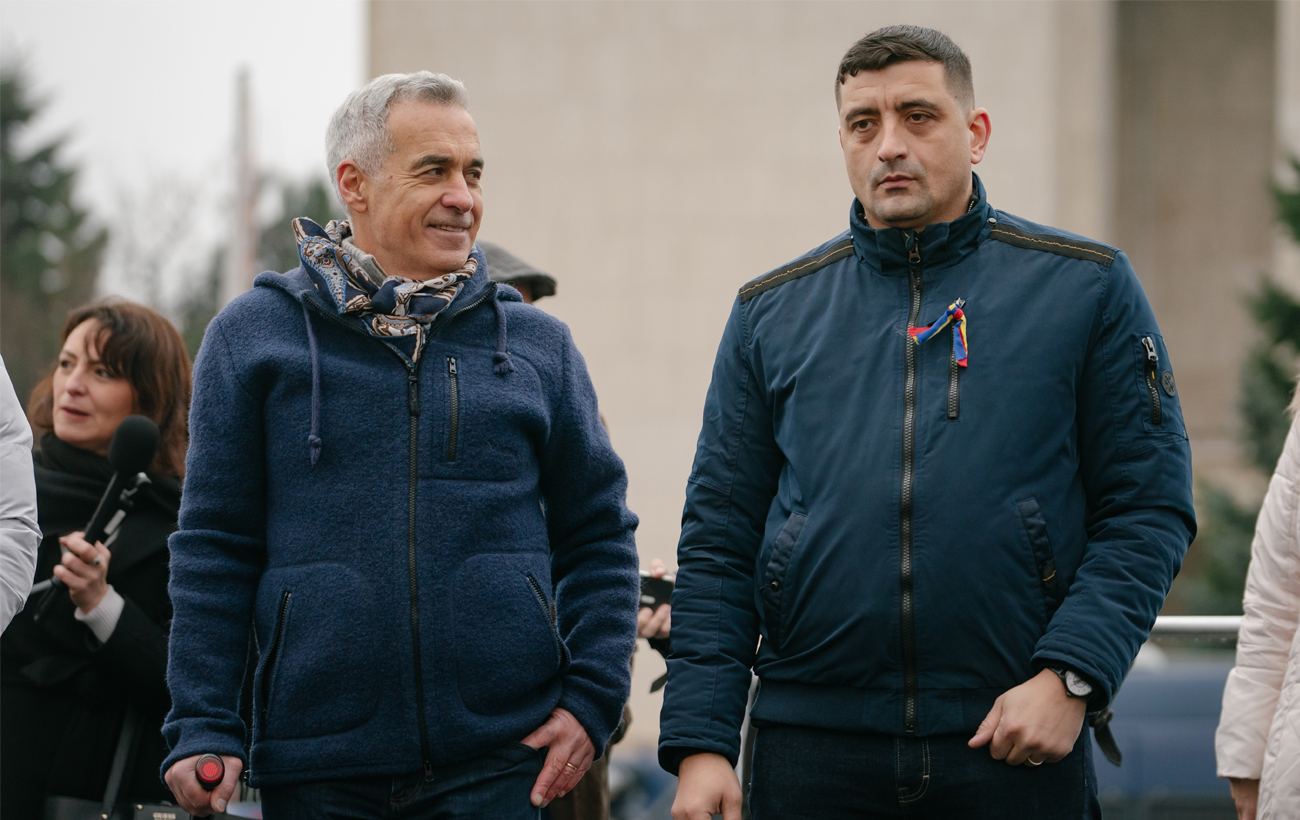 The popularity of the far right in Romania is growing due to a variety of factors (photo: Getty Images)
The popularity of the far right in Romania is growing due to a variety of factors (photo: Getty Images)
However, although a fairly large number of people support the conditional far-right, it is still a minority, says Romanian center-right MP Iulian Bulai. At the same time, 70% of Romanians oppose the far right and 90% want to remain in the EU and NATO.
"So, we can say that around 25% of the George Simion and Georgescu voters were, and now are, voters that we are calling protest ones. They are against the government and the mainstream parties, but they are not against the European Union, and they have a quite unclear perspective over Ukraine and the help of Romania for Ukraine. From this point of view, the far right is a little bit too heavy for that kind of candidate," Bulai explained in a comment to RBC-Ukraine.
According to Romanian political scientist Marius Ghincea, support for the far right is driven by economic inequality, which causes discontent among socially vulnerable groups, as well as cultural anxieties associated with changes after the country's liberalization and Europeanization. Other factors, including Russia's war against Ukraine and its implications for Romania's security, also play a role, albeit a more modest one.
And the very cancellation of the election after the victory of the far-right Georgescu, which nevertheless had a certain political color and even caused protests, may provoke voters' opposition to the current government. And this could affect the outcome of the vote.
Is external influence on Romanian election possible?
After the unexpected victory of Georgescu in last year's election in Romania, there were discussions about the possibility of Russian interference. In particular, declassified documents from Romanian intelligence services stated that Romania was the target of aggressive Russian hybrid actions. And in TikTok, which Georgescu used for campaigning, a network of accounts was found to be linked to the Russian media outlet Sputnik, which worked for the Romanian audience.
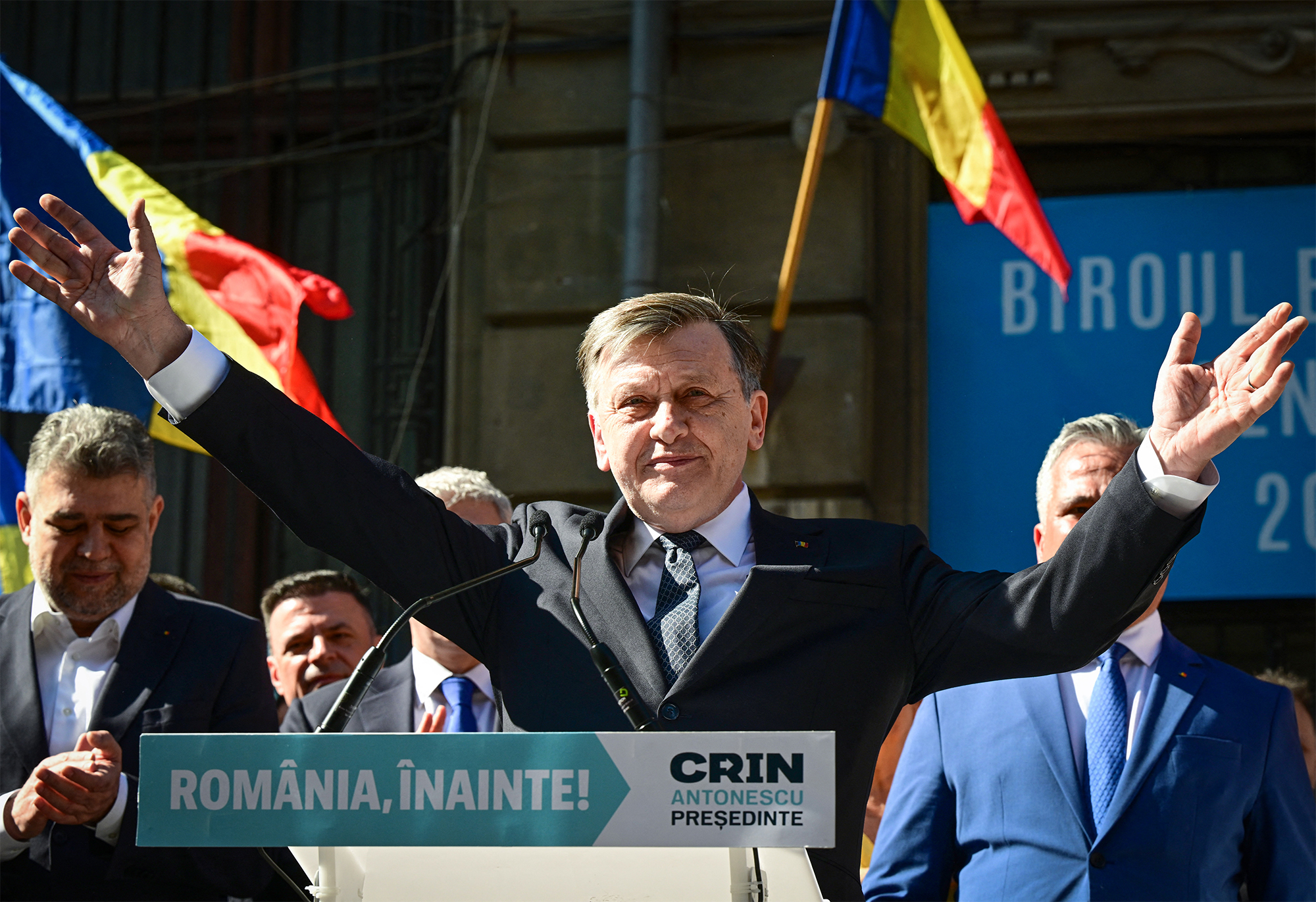 Crin Antonescu has the best chance of winning the second round (photo: Getty Images)
Crin Antonescu has the best chance of winning the second round (photo: Getty Images)
However, the Russian influence on the election should not be overestimated, according to political scientists Țăranu and Ghincea. A part of Romanian society is convinced that the outcome of the November vote was influenced mainly by internal factors rather than external interference. Russia has always been an enemy state for Bucharest, so it is unlikely that many Romanians would succumb to direct Russian propaganda.
"So from this point of view, it's complicated to say that Russia have a level of support, but for sure it tries to be involved in the Romanian election in a sort of an underground level, that means buying some media, buying some different type of propagandist and so on, but they are not so many," Țăranu told.
Another external factor is the United States. At a security conference in Munich in February this year, US Vice President J.D. Vance was outraged by the cancellation of the Romanian election because of far-fetched suspicions by intelligence agencies. Now, a week before the election, Donald Trump Jr. is supposedly going to visit Bucharest, calling the election cancellation a Soros-Marxist attempt to rig the result. And Elon Musk, who is close to the American leader, has openly supported the far right across Europe.
According to Andrei Țăranu, candidates Ponta and Simion (although the latter to a lesser extent) are connected to the ideas of Trumpism. But also, Antonescu presented a program, one of the first points of which is to cut public spending and create a structure similar to DOGE in Washington.
Indeed, many actors want to have an impact on the Romanian election, Iulian Bulai said in a conversation with the agency. "But I hope and know that the pro-European and pro-NATO candidate will win, despite all the obvious interference," he summarized.
What threats does Ukraine face?
Romania is one of the largest EU countries by population, a key state on the eastern flank of Europe and NATO, and a serious military power. The victory of a politician who is skeptical of both the EU and NATO would not only damage Euro-Atlantic unity but also the bloc's plans to support Ukraine in its fight against Russia.
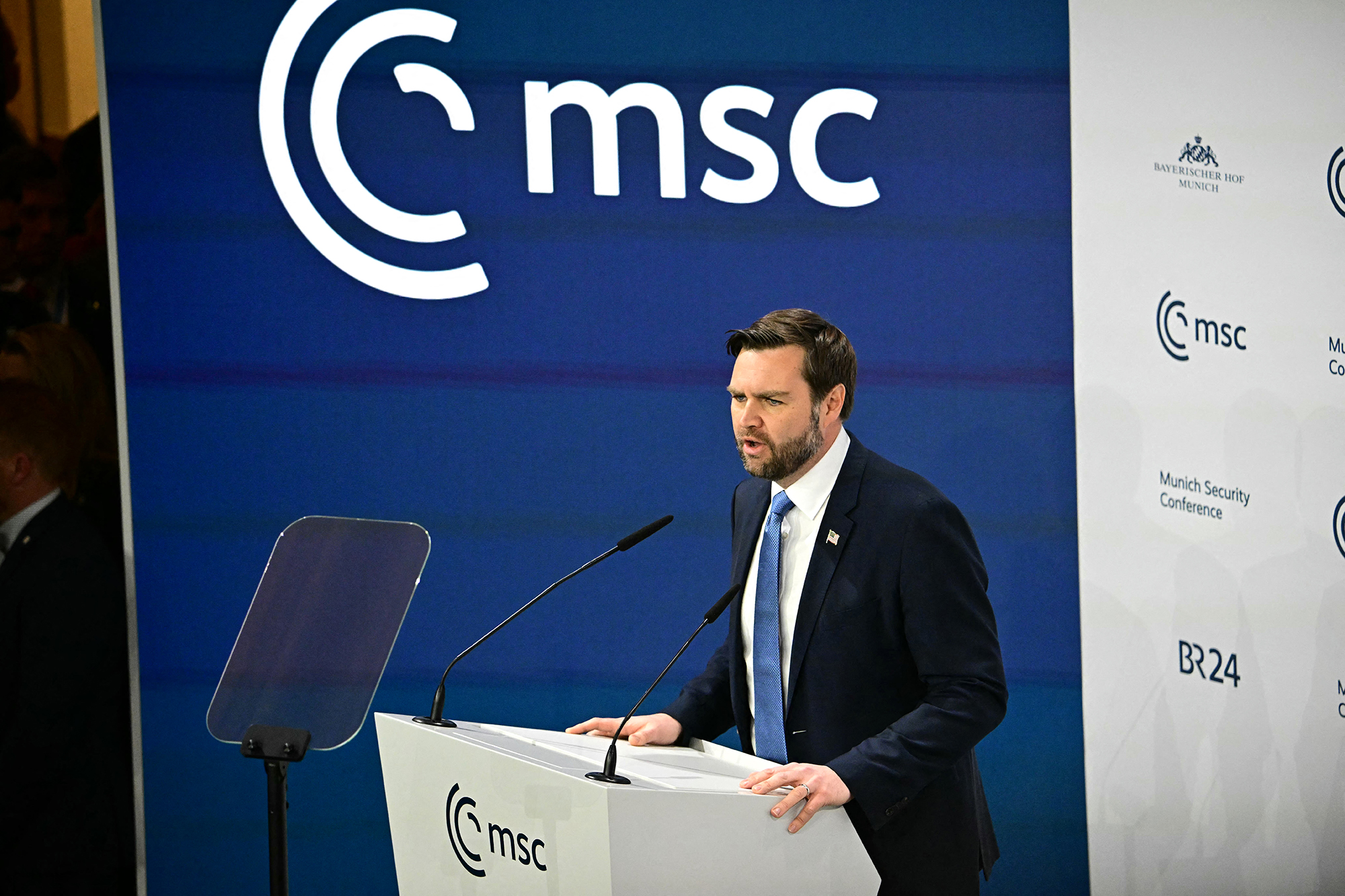 The Trump administration criticized Romanian authorities for canceling the election (photo: Getty Images)
The Trump administration criticized Romanian authorities for canceling the election (photo: Getty Images)
According to Marius Ghincea, if he wins the election, Simion will favor the so-called anchor hedge.
He explains that Simion will try to maintain relations with Washington and Brussels, as well as diversify relations by engaging more actively with Russia and China, which contradicts the key goal of countering Russian influence in the region, a long-standing position of Bucharest.
 If the far-right wins, Romania could become an island in the EU (photo: Getty Images)
If the far-right wins, Romania could become an island in the EU (photo: Getty Images)
If Simion wins both rounds, it will be a kind of curfew for Romania, because foreign partners like the EU and the US will try to understand who he is and what he intends to do, Andrei Țăranu suggested in a commentary to the agency.
"But on the other side, he has some relation to Italy; he’s vice president of the ECR Group, European Conservative Reformists in the European Union, and he's quite close to Giorgia Meloni. So he probably will try to copy Meloni's policies, probably also here in Romania. But what is certain is that he's going to have quite bad relations with Ukraine and other Eastern countries like Poland. He had very good relations with PIS but very bad relations with Donald Tusk," said Țăranu.
Simion is likely to try to establish a relationship with Hungarian Prime Minister Viktor Orbán, but due to the problems of the Hungarian minority in Romania, this will be difficult, according to Țăranu. Therefore, Romania may turn into a kind of island in the EU, even if Simion tries to establish ties with liberal countries.
Nevertheless, the rise to power of Simion, who promised to oppose military aid to Ukraine, stop supporting refugees, block grain transit, and in the past has encroached on Ukrainian territory, could create many problems for Kyiv. But fortunately, the chances of this happening do not look so high at the moment.
Sources: polls conducted by the MKOR and Curs sociological agencies, Politico, Reuters, G4Media.ro, comments by Romanian political analysts Andrei Țăranu and Marius Ghincea, and Iulian Bulai, MP from the Save Romania Union and chairman of the Alliance of Liberals and Democrats for Europe Party (ALDE) faction in PACE.
